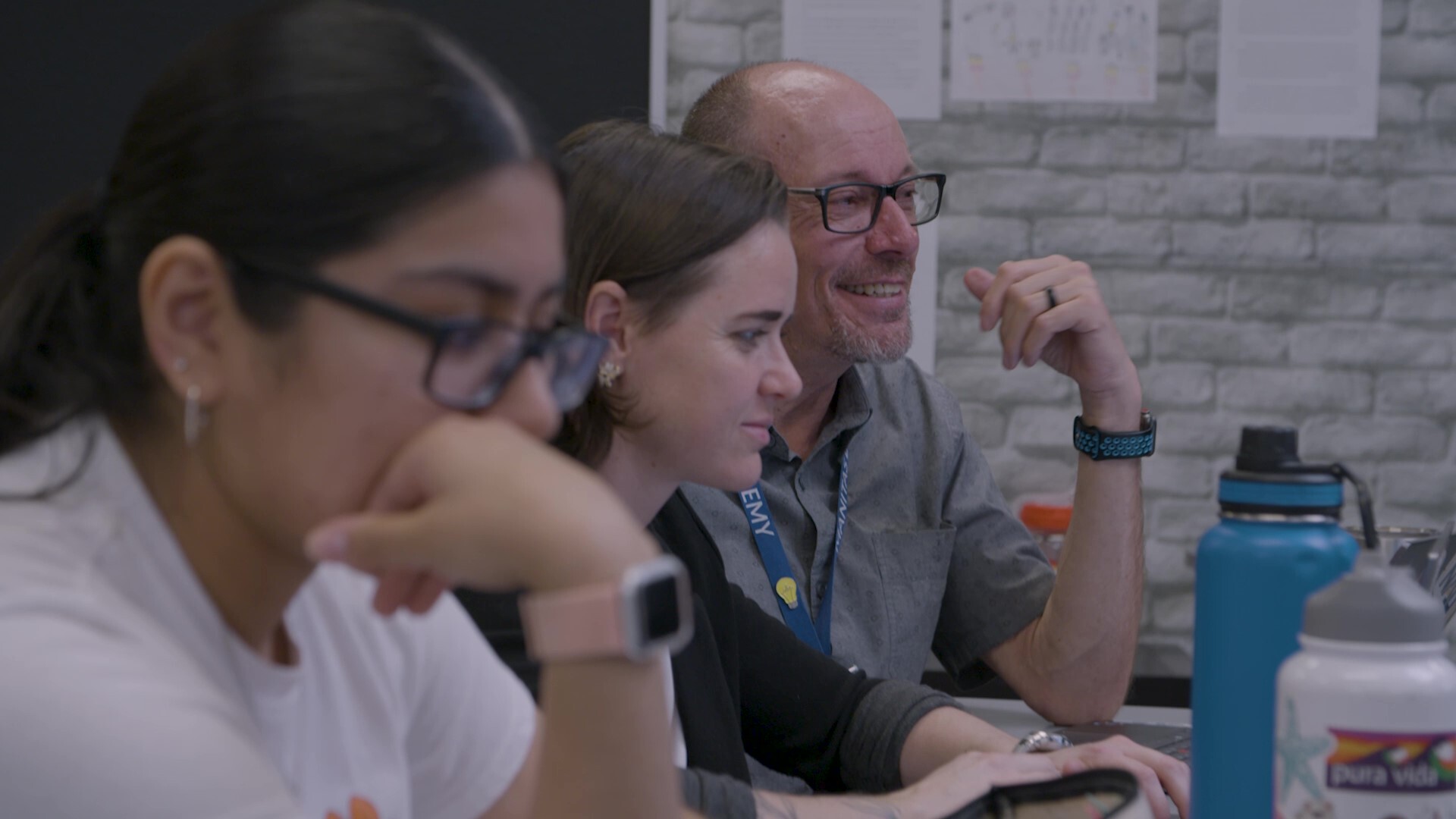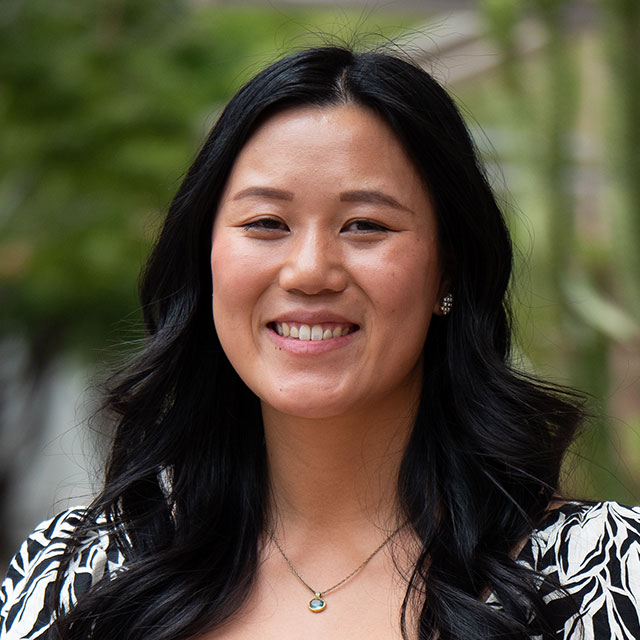Many teachers are no longer thriving in conventional one-teacher, one-classroom staffing models. Not only do they feel isolated and lonely but they lack support and opportunities to collaborate, which has led to burnout among educators and national teacher shortages.
“Without prioritizing collaboration, teachers don’t feel like they’re growing, and if they don’t feel like they’re growing, they leave the profession, and then we have shortages and we continue the cycle,” shared Joseph Tadros, a high school mathematics team supervisor from New York.
Tadros’ voice and that of dozens of other educators were featured in Educators for Excellence’s latest report, “Voices from the Classroom 2024: A Survey of America’s Educators.”
The report, which surveyed almost 1,000 pre-K through grade 12 public school teachers across the country, highlighted the call for more collaborative and dynamic work environments with a special interest in strategic staffing models. Arizona State University’s Next Education Workforce™ was named as one of two prominent models leading to increased teacher satisfaction and student achievement.
We are all hard-wired as people to work together, and yet, we ask our teachers to collaborate outside of the classroom absent of the children they’re serving. The model must change. A remedy exists in the Next Education Workforce.
Superintendent
In Next Education Workforce strategic school staffing models, teams of educators share a roster of students and have dedicated team planning time, allowing them to leverage and develop distributed expertise. Team-based models also create new ways for educators to specialize and advance in their profession.
As one superintendent who implemented Next Education Workforce models within their district put it, “We are all hard-wired as people to work together, and yet, we ask our teachers to collaborate outside of the classroom absent of the children they’re serving. The model must change. A remedy exists in the Next Education Workforce.”



